My Father's Keeper: The Story of a Gay Son and His Aging Parents
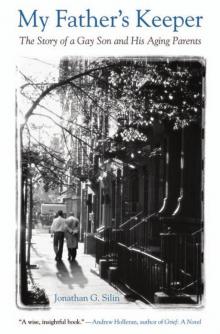

Author: Jonathan G. Silin
Category: Other2
Published: 2007
Series:
View: 228
Read OnlineMy Father's Keeper is the moving story of Jonathan Silin, a gay man in midlife who learned to care for his elderly parents as a series of life-threatening illnesses forced them to make the difficult transition from being independent to being reliant on their son. Their new needs and unrelenting demands brought them into intimate daily contact and radically transformed what had been a difficult and emotionally fraught relationship.My Father's Keeper chronicles the unexpected ways in which the ideas and skills Silin acquired as an early childhood educator, a specialist in life span development, and a compassionate witness to the devastation of the HIV/AIDS crisis came together with his interest in human psychology to deeply inform his thinking about the dramatic changes in his family's life and increasingly influence his role as his father's (and mother's) keeper. Through the months and years of his parents' decline, Silin reflects on their history as a family, recalling the pain of his father's psychological struggles through midlife and the uneasy, imperfect process of accepting his son as a gay man and accepting his son's partner into the family. My Father's Keeper is a book about beginnings and endings, loss and redemption, the ethics of intervention, and the pressing needs of two extremely vulnerable populations.From Publishers WeeklyWhen his elderly parents begin failing in health, the author, a Bank Street College educator, must come to terms with a drastic shift in caretaking roles. His account recognizes a lifetime of transformative relations with his parents, Depression-era New York Jews, especially his father, for whom the author's declaration of gayness decades earlier struck like a "personal injury." The father's sense of betrayal by the son, begun when the author started writing on gay issues and signing them with his name (which is also the father's name), is compounded as the father undergoes successive, debilitating operations for cancer of the larynx. Losing control of his body, the father reasserts his authority by taking care of finances while lashing out at his son, leaving him feeling "ambushed," intimidated and reluctant to visit the nursing home where his father lives. Despite past efforts to distance himself from his disapproving parents, Silin, well into his 50s, must take responsibility for their care, preferring a caring approach, rather than treating them like dependent children. Forgiveness occasionally graces these encounters, as when the author's partner of 30 years dies, and Silin's father offers a tender acknowledgment. Silin's work is at once thoughtful and erudite. (May) Copyright © Reed Business Information, a division of Reed Elsevier Inc. All rights reserved. From BooklistFormer early childhood classroom teacher Silin, who now teaches other early childhood teachers, drew on his professional skills to help his parents as their eighties brought his father glaucoma, spinal stenosis, and laryngial cancer; his mother ulcer surgery, numerous small strokes, and heart problems; and both of them broken hips. In turn, his experiences with them affected his work as he expanded his postgraduate teaching to consider the early years of rapid, obvious development as part of overall lifespan development, and to emphasize the evolution of child-parent relationships over time. His report on the interaction of his professional and filial experiences proves most refreshing in his refusal ever to regard his parents as children, no matter their levels of dependency, for "to imagine that our roles were reversed would have undermined their dignity while burdening me with confusing emotions." As his caretaker role evolves and evokes memories of childhood, he remains forever their child, even as he becomes the primary decision maker among them. Whitney ScottCopyright © American Library Association. All rights reserved
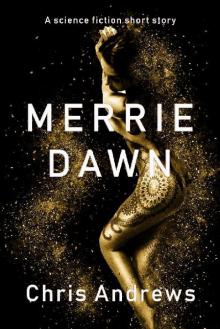 Merrie Dawn
Merrie Dawn Married by Midnight
Married by Midnight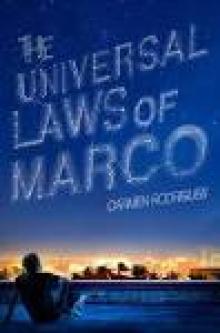 The Universal Laws of Marco
The Universal Laws of Marco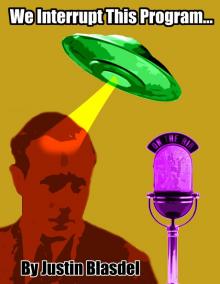 We Interrupt This Program
We Interrupt This Program One Jar of Magic
One Jar of Magic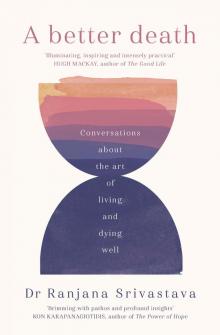 A Better Death
A Better Death Christmas in Silver Springs
Christmas in Silver Springs Deep Waters, the Entire Collection
Deep Waters, the Entire Collection